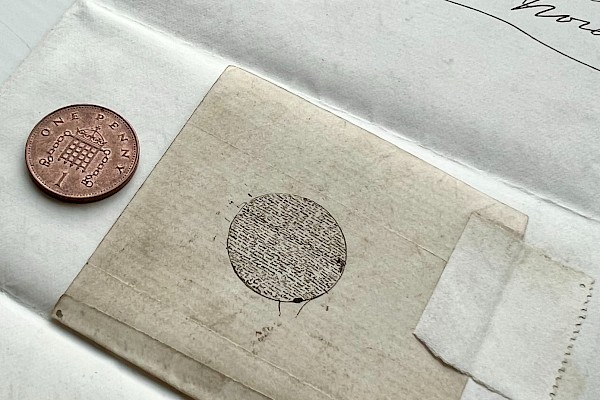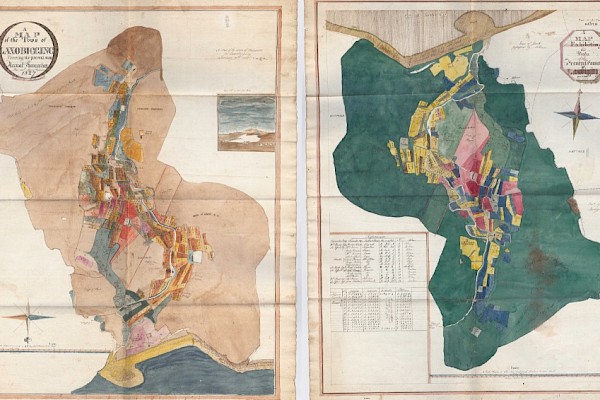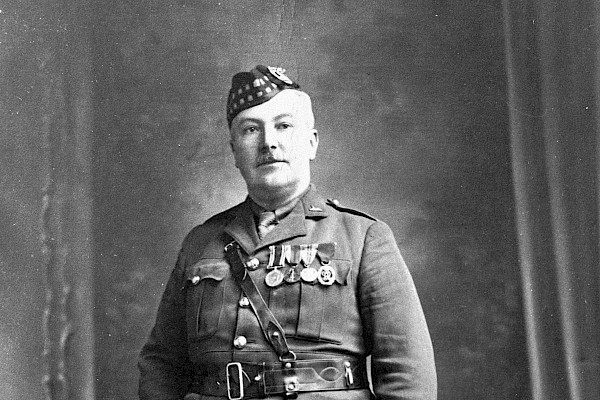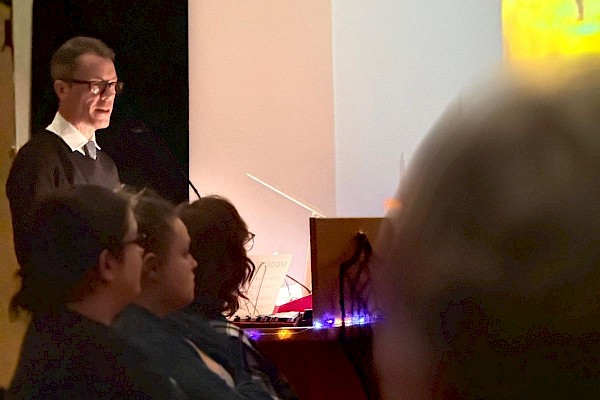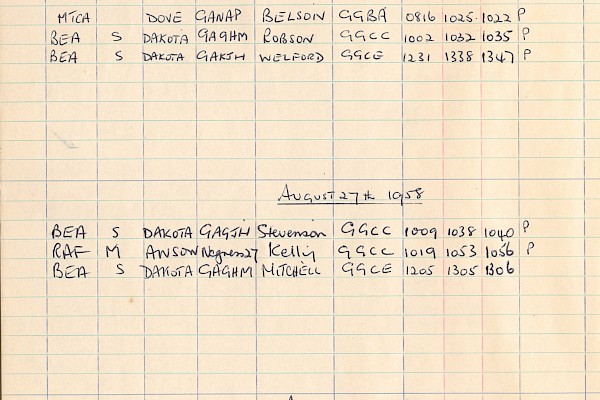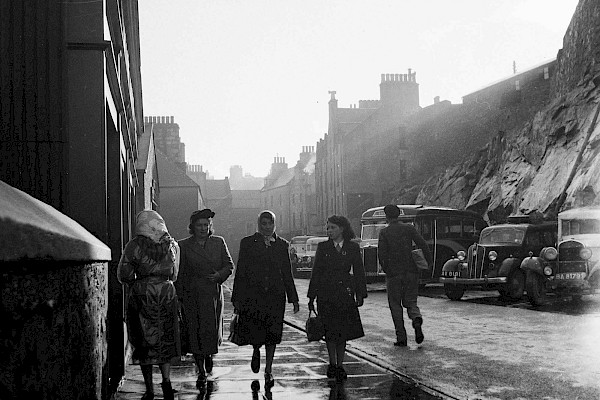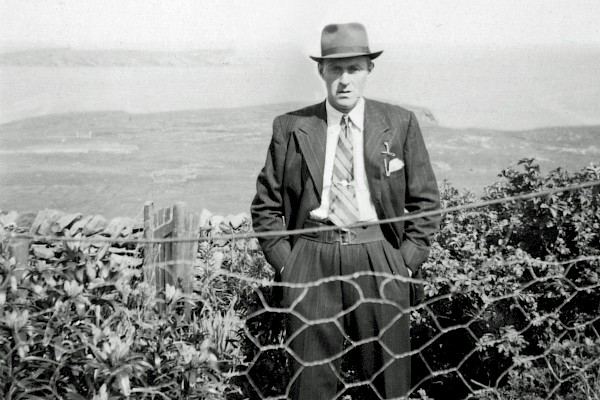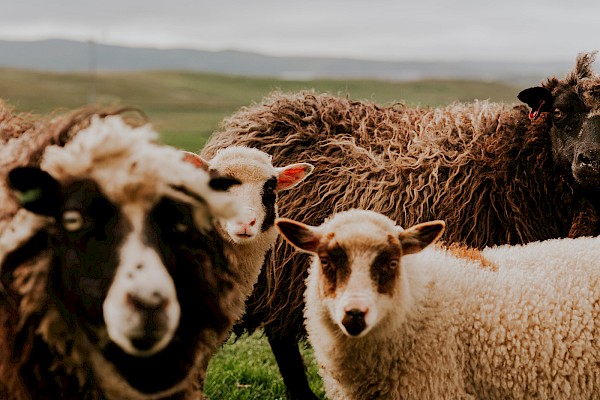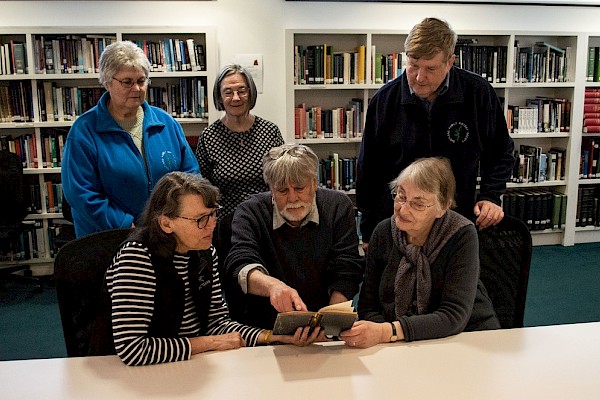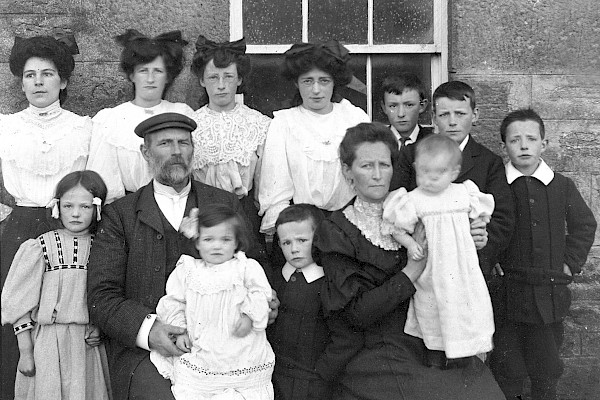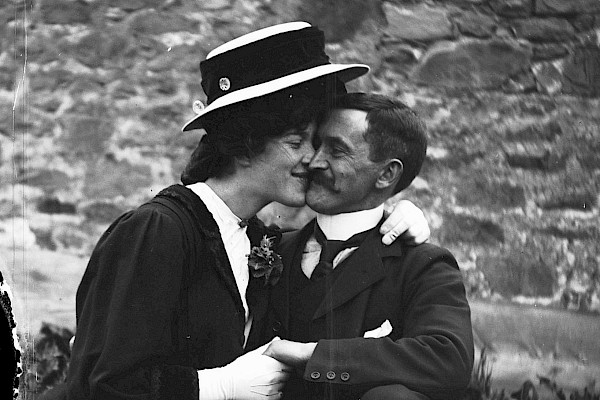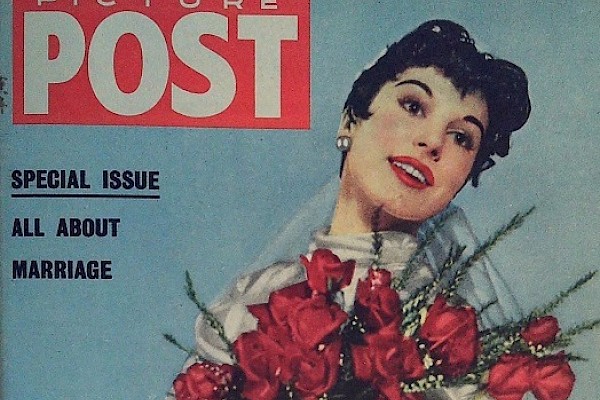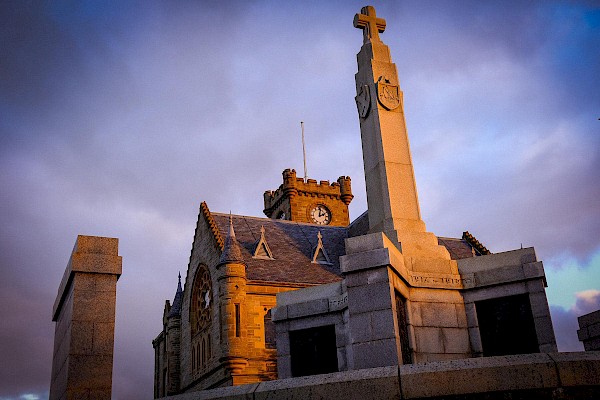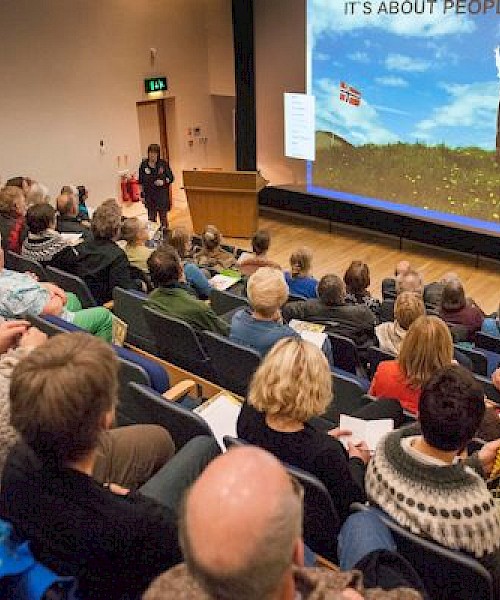Robert Barclay, East India Company
Number six was a copy of a correspondence from 1783 on behalf of a young man, Robert Barclay, by John Anderson, a lawyer in Edinburgh. Robert had hopes of a career in the East India Company, where the Scottish diaspora had become significant. There was a lot of money to be made, often in ways that were questionable – even then. John Anderson wrote to David Haliburton about Robert -- He comes from Shetland, where there are scarcely any who have friends or relation in India.
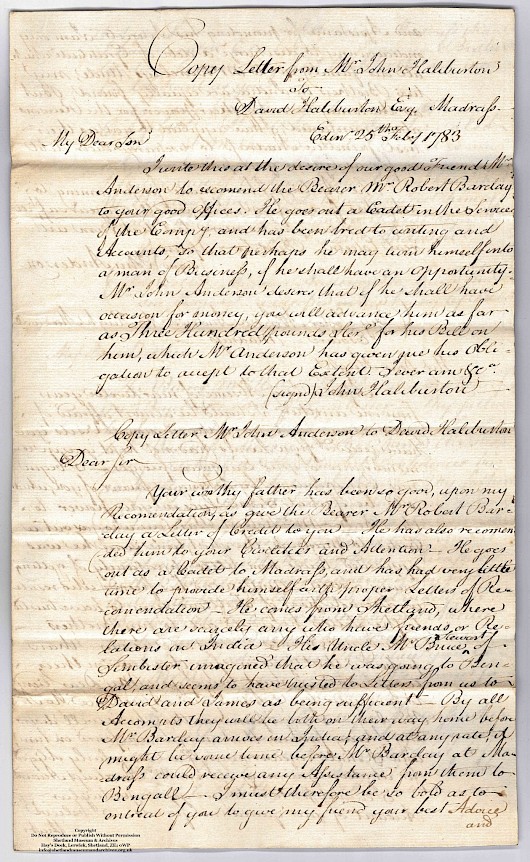
While he didn’t have friends in India, Robert did have them in Shetland. His mother, Grizel Bruce (d. 1767) married the Revd. John Barclay, minister of Delting (1705-1781). Grizel was the sister of John Bruce Stewart of Symbister, who intervened on Robert’s behalf with Anderson. It had been a long-term relationship and evidently a good one -- all of us have been obliged in many different circumstances to Symbister. John Anderson’s father had dealt with Symbister before, and the dealings had stretched over thirty years.
John Anderson was connected to some important people in the East India Company. He approached David Haliburton through his father, John. David Haliburton worked out of Madras, and by 1791 he had a seat on the company’s Board of Revenue. There was also Hugh Maxwell, also on the Board of Revenue when he died in 1791. John Anderson knew him personally, though the letter begins by referring to a long absence of twelve years. He remarks later that he had seen his brother that day in very good health.
David and James Anderson were John Anderson’s brothers, working out of Bengal, perhaps too far away to exert any influence on behalf of Robert, who was bound for Madras. On the other hand, David was close to Warren Hastings, the Governor General of Bengal, and had been instrumental in getting the treaty that ended the First Anglo-Maratha War in 1782. His brother James was a Persian interpreter. Warren Hastings returned to England in 1785, David coming home at the same time, James a year after. Warren Hastings was famously impeached over his rule, and David Anderson stuck up for him in the hearings.
Both Anderson brothers collected manuscripts from the sub-continent, now in Edinburgh University, and David came home with enough of a fortune to buy and improve the fine establishment called St. Germain’s House, Longniddry, East Lothian. Robert Barclay, aged about 24 and with both parents dead when he went out, no doubt hoped to emulate people like the Anderson brothers. In fact, there was a good chance he would if he survived the Indian climate and bugs, where the European graveyards were rich in young white men.
Robert died in 1829, unmarried, clearly a man of robust constitution and some good luck. He lived at 5 Hanover Street, London, not far from where Vogue has a head office at the present day. His brother John, who predeceased him, lived nearby and worked as doctor. By that time he was a colonel and a “sir,” being made a KCB in 1816. Did he gain the goal of so many white men in India, and became well-off? It seems so. His was probably one of the more modest East India fortunes, but he was able to leave a thousand pounds to his brother John’s widow, and large sums of money to other relatives. Perhaps the urgings of John Anderson, and Bruce of Symbister had worked well.
